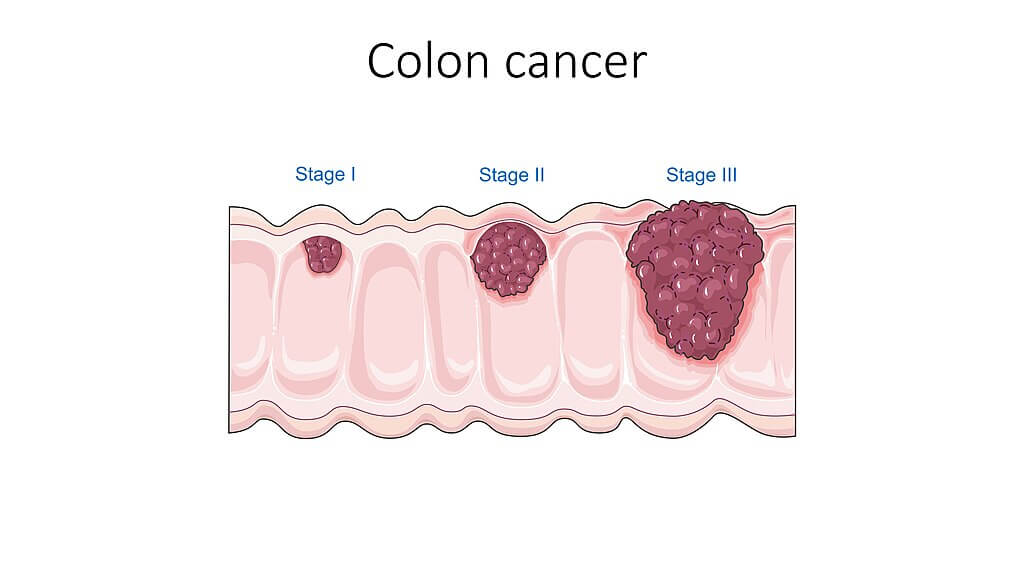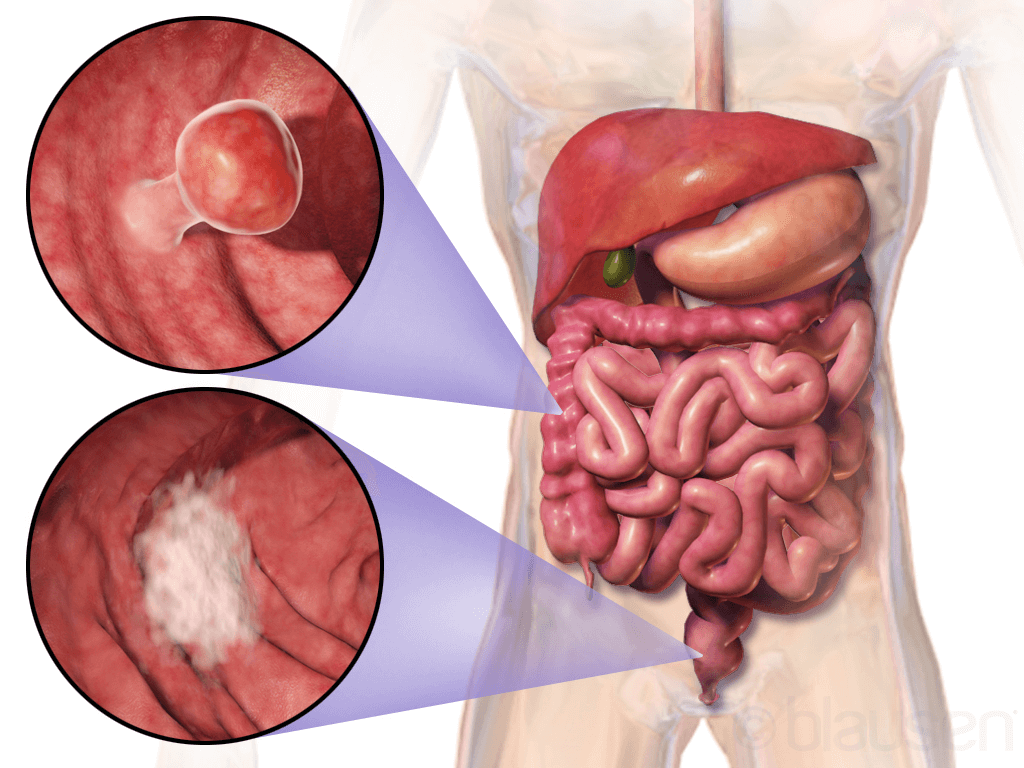Early Detection Benefits
Early detection of colon cancer significantly improves survival rates by identifying cancer at its most treatable stages.
Polyp Removal Advantages
Removing polyps during colon cancer screening helps prevent cancer development and significantly reduces the overall cancer risk.
Non-Invasive Screening
Stool-based tests offer a convenient and accessible option for colon cancer screening, making early detection easier for patients.
Types of Colon Cancer Screening in Tijuana, Mexico
Colon cancer screening is a preventive measure to identify precancerous polyps or early-stage cancer before symptoms appear. For residents in Mexico, Tijuana, and the United States, accessing quality colon cancer screening is vital for early diagnosis and successful treatment
Colonoscopy
A colonoscopy is the gold standard for colon cancer screening, allowing for a full examination of the colon and removal of polyps, if detected.
Fecal Occult Blood Test
The FOBT test thoroughly checks for hidden traces of blood in the stool, which can often serve as an early warning sign of potential colon cancer development.
Flexible Sigmoidoscopy
Similar to a colonoscopy, this test uses a flexible, lighted tube to thoroughly inspect the lower part of the colon and rectum for any abnormalities or polyps.
CT Colonography
CT Colonography, or Virtual Colonoscopy, is a non-invasive test using CT scans to create detailed images of the colon and rectum.
Prevention and Lifestyle Changes to Lower Colon Cancer Risk
Although some risk factors are unchangeable, certain lifestyle modifications can reduce the likelihood of developing colon cancer:
Healthy Diet
Increase fiber intake with fruits, vegetables, and whole grains while minimizing consumption of red and processed meats.
Limit Alcohol and Tabaco
Reducing alcohol intake and avoiding smoking are essential preventive measures.
Physical Activity
Regular exercise and maintaining a healthy weight can lower the risk.
Regular Screenings
Routine colon cancer screenings can detect precancerous conditions and allow for early intervention.
Schedule Your Colon Cancer Screening Consultation Today!
Take control of your health with a free virtual consultation for colon cancer screening. At Jet Medical Tourism®, our specialists will guide you through personalized screening options for early detection and prevention. Connect with us from home to explore how our services in Tijuana, Mexico can help protect your health.
Fill out our online form or call (855) 506-6188 to schedule your consultation and take the first step toward prevention.
Frequently Asked Questions
Find answers to common inquiries about colon cancer screening.
- American Cancer Society. “Survival Rates for Colorectal Cancer.” American Cancer Society, 2023. Available at: https://www.cancer.org/cancer/colon-rectal-cancer/detection-diagnosis-staging/survival-rates.html. ↩︎


